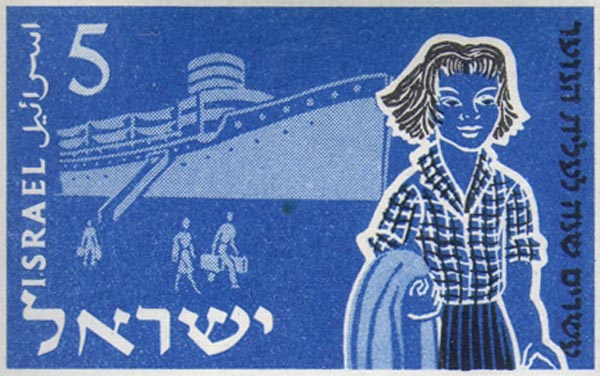It’s happened at least a half-dozen times. Somewhere—at a social gathering, after a speaking engagement, while sitting in a café—someone has come up to me and said, “You know, the reason I’m living in Israel is Letters to an American Jewish Friend.” The same is true of some portion of the reactions to the book that I received in the mail, the bulk of them in the early years after its initial publication in 1977. Of them all, the most memorable was a postcard from 1986. On one side was a photograph of Jews praying at the Western Wall in Jerusalem. On the other, next to my address, was written:
Hillel Halkin:
Thank you for helping me find my way home.
AN AMERICAN ISRAELI JEWISH FRIEND
There was no signature.Today, re-reading the book from cover to cover for the first time since writing it, I ask myself why it had such an effect on some people. I suppose its epistolary form had something to do with it. It drew readers in; many responded with letters of their own. Not all of these agreed with me. From my point of view, disagreement was almost as good. I had never thought I could convince American Jews to move to Israel by writing a book. I had thought I might help start an argument that was missing from American Jewish life.
1. The Imperative
The argument I had in mind wasn’t about Zionism per se. Jewish backing for Israel was rarely challenged in the 1970s; only later did some American Jewish intellectuals on the political Left begin to question not just the wisdom or morality of this or that Israeli policy but the very idea of a Jewish state. Yet I would not have argued with such people in Letters to an American Friend even had they been more common at the time. I didn’t write the book to defend Israeli policies, and I have never believed that, as a Jew, I should have to make the case for Israel’s existence to anyone. Whoever disputes it deserves to be scorned, not reasoned with.
Letters - Read More
No comments:
Post a Comment